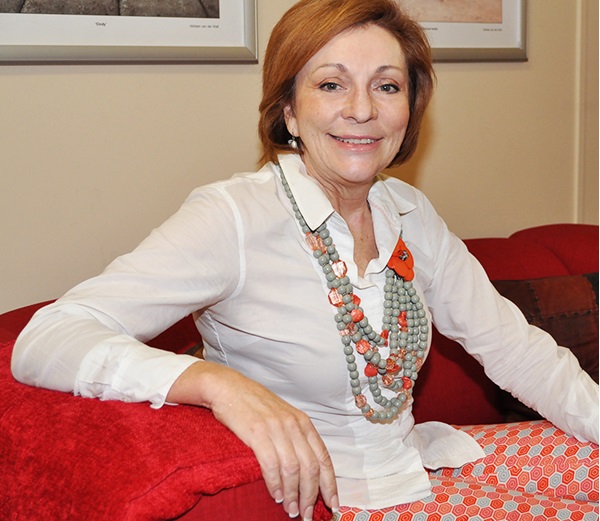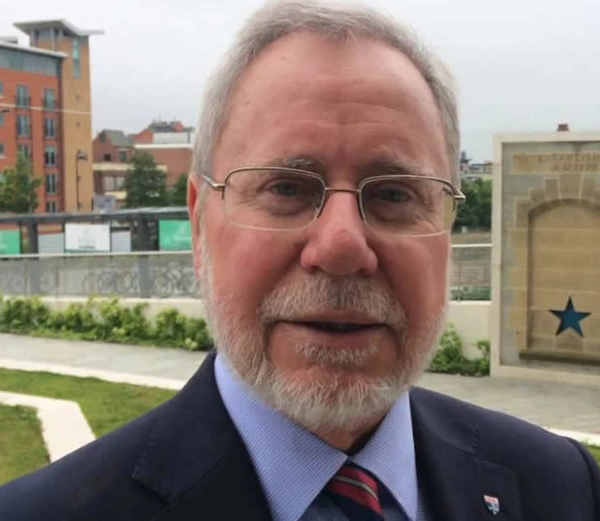The Faculty of Humanities at the North-West University (NWU) recently reaffirmed its dedication to societal transformation during a seminar that explored the vital relationship between academic engagement and real-world impact.
The seminar marked the second of a series of workshops aimed at improving the understanding of community engagement and its role in creating meaningful change in the Faculty of Humanities. Dr Louise Bezuidenhout, senior lecturer at the School of Communication, set the tone of the discussion by highlighting the importance of impact and community engagement initiatives.
“It is essential that we explore how to collaborate with communities in ways that benefit all parties involved,” she said. “By exchanging knowledge, skills and resources, we can effectively address pressing issues and make a genuine difference.”
Prof Chris Brink, emeritus vice-chancellor of the University of Newcastle, England, was the seminar’s keynote speaker. His central question, “What are higher education institutions good for, as opposed to what are they good at?” opened the door to a comprehensive examination of how universities can go beyond conventional success metrics and focus on creating positive societal impact.
“When discussing impact,” Prof Brink advised, “do not just outline your activities. Instead, highlight the impact you have already achieved.”
Building towards societal relevance
Prof Brink offered a clear four-step roadmap to guide institutions in aligning their activities with societal needs:
1. Identify pressing societal challenges in your region.
2. Ask critical questions: Which issues matter the most to local communities, and whose voices are being left out?
3. Connect local challenges to global trends. Issues such as inequality, unemployment, mental health concerns and limited access reflect broader global patterns.
4. Assess institutional strengths through the lens of these challenges. Universities must consider how their existing knowledge, networks and resources can be mobilised to address key issues.
5. Select challenges to respond to strategically. A focused approach allows for greater impact, clearer outcomes and valuable opportunities for shared learning.
Prof Brink emphasised that this framework allows engagement efforts to evolve beyond isolated activities and become part of a long-term, strategic pathway to meaningful impact.
Reimagining engagement for lasting change
Bibi Bouwman, director of Sustainability and Community Impact, built on these ideas by discussing impact at the NWU. She stressed that impact should be viewed as a collective endeavour rather than the outcome of individual projects.
“We need to work smartly and think creatively about connecting the NWU’s agenda to our vision for societal change,” Bouwman said. She underscored the importance of linking academic projects that contribute to new knowledge to real-world applications.
"If we want to make a sustainable difference in communities, we must focus on empowerment rather than dependency. By cultivating trust through mutually beneficial relationships with external partners, we can share knowledge and expertise that help people take ownership of their own destiny."
Prof Brink reinforced this perspective, adding that “a purposeful approach to impact begins by asking the right questions”.
As the seminar drew to a close, Prof Herculene Kotzé, deputy dean of the Faculty of Humanities, delivered a heartfelt vote of thanks, reasserting the faculty’s commitment to meaningful outcomes.
“We are not merely interested in academic outputs. We want our research and teaching to directly address societal needs.”
At the heart of the faculty’s vision lies a clear ambition: to evolve from being simply a space for academic inquiry to becoming a powerful force for public relevance and responsiveness.

Bibi Bouwman is a leading advocate for sustainable development and community engagement in higher education.

Prof Chris Brink is a champion of the “civic university” concept, and he encourages institutions to develop community projects that align with their institutional identity.
